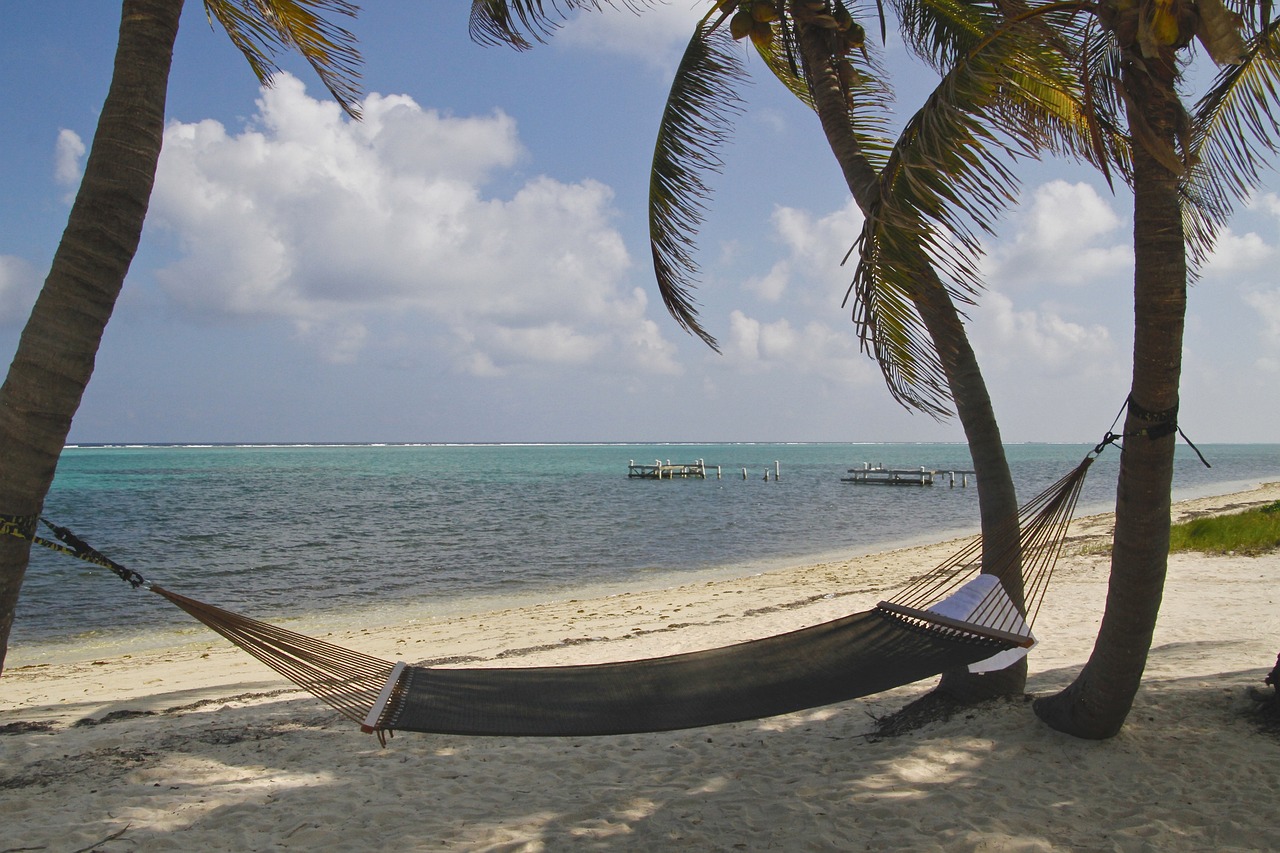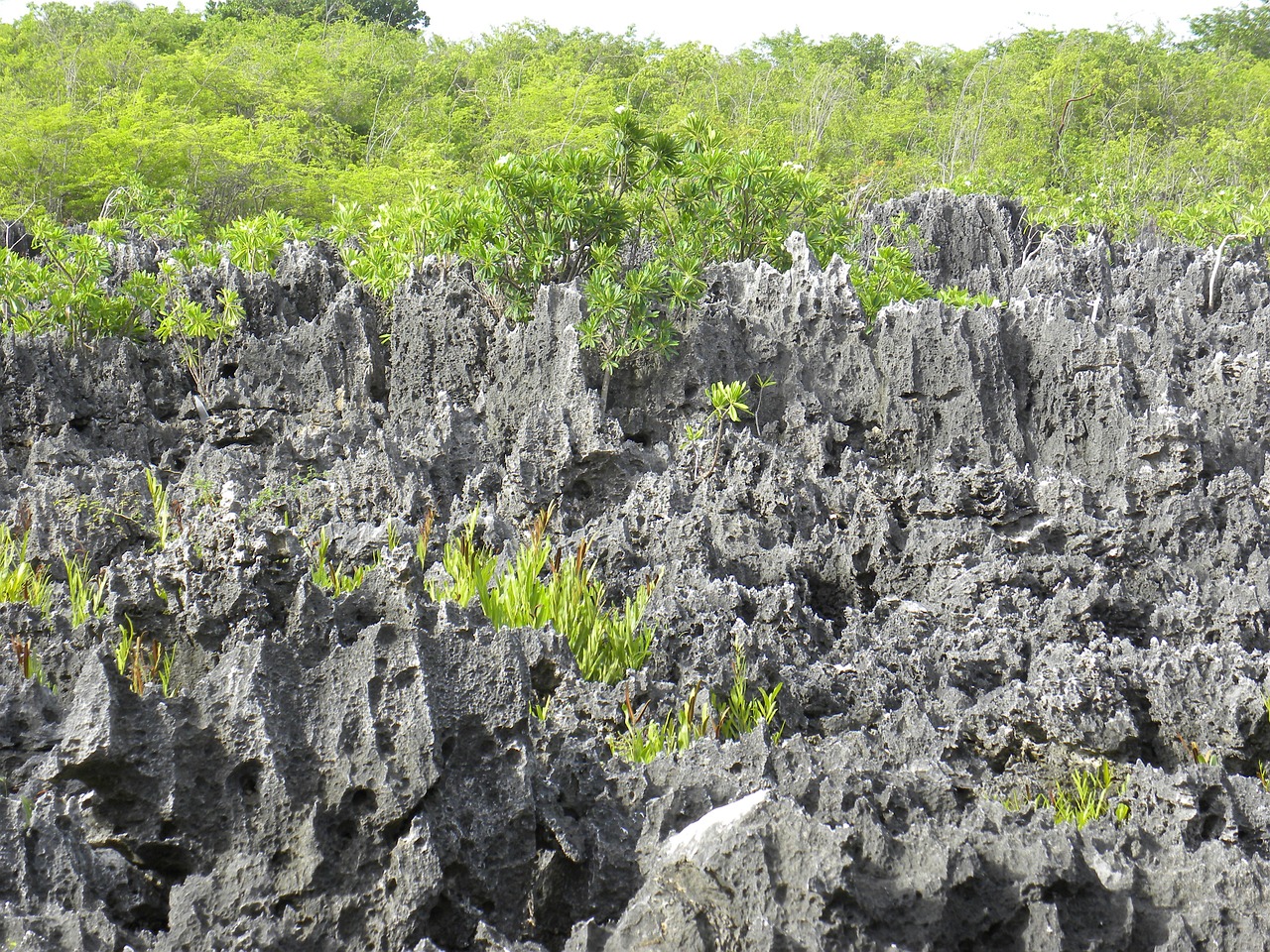Cayman Islands Video
Safety Tips for Remote Workers in Cayman Islands
As remote work becomes increasingly popular, it’s important for remote workers in the Cayman Islands to prioritize safety while enjoying the benefits of working in a tropical paradise. Whether you’re a digital nomad or have the opportunity to work remotely temporarily, these safety tips will help you make the most of your experience while staying safe and secure.
Section 1: Choose Secure Accommodation
When working remotely in the Cayman Islands, it’s essential to choose secure accommodation that prioritizes your safety. Look for accommodations that have proper security measures in place, such as secure entrances, surveillance cameras, and 24-hour security staff. Additionally, consider staying in a gated community or a property with a security guard on-site.
- Research the area: Before booking accommodation, research the neighborhood to ensure it has a low crime rate and is considered safe for tourists and residents alike.
- Read reviews: Check online reviews from previous guests to get an idea of the safety measures and experiences of others who have stayed at the property.
- Secure entrances: Look for accommodations with secure entrances, such as key card access or electronic locks.
- 24-hour security: Consider staying in accommodations that have 24-hour security staff available to address any safety concerns.
Section 2: Safeguard Your Personal Belongings
While working remotely in the Cayman Islands, it’s important to take steps to safeguard your personal belongings to prevent theft or loss. By following these tips, you can minimize the risk of losing valuable items or important documents.
- Use a safe: Most accommodations provide a safe for guests to store their valuables. Utilize the safe to store important documents, passports, cash, and any other valuable items.
- Keep important documents secure: Make digital copies of important documents and store them securely online. It’s also a good idea to carry a photocopy of your passport and other identification documents when exploring the island.
- Avoid displaying valuables: When working in public spaces, such as cafes or coworking spaces, avoid displaying expensive equipment or valuables that could attract unwanted attention.
- Lock your accommodation: Always lock your accommodation when leaving, even if you’re just stepping out for a short time. This simple step can deter opportunistic thieves.
Section 3: Stay Cyber Secure
As a remote worker, it’s crucial to prioritize cybersecurity to protect your personal and professional information while working in the Cayman Islands. Follow these tips to stay cyber secure during your remote work experience.
- Use a secure network: Avoid using public Wi-Fi networks for sensitive work tasks. Instead, use a secure network provided by your accommodation or invest in a portable Wi-Fi hotspot.
- Update your software: Keep your devices and software up to date with the latest security patches and updates.
- Use strong, unique passwords: Create strong, unique passwords for all your accounts and consider using a password manager to securely store them.
- Enable two-factor authentication: Enable two-factor authentication whenever possible to add an extra layer of security to your online accounts.
Cayman Islands Image 1:

Section 4: Be Mindful of Your Surroundings
While enjoying the beauty of the Cayman Islands, it’s important to be mindful of your surroundings to ensure your safety. Follow these tips to stay aware and alert during your remote work experience.
- Stay in well-lit areas: When walking around at night, stick to well-lit areas and avoid poorly lit streets or alleys.
- Avoid isolated areas: Be cautious of isolated beaches or remote areas, especially when alone. It’s best to explore these areas with a group or during daylight hours.
- Trust your instincts: If something feels off or uncomfortable, trust your instincts and remove yourself from the situation.
- Be discreet with personal information: Avoid sharing personal information with strangers and be cautious when discussing your remote work arrangements in public.
Section 5: Familiarize Yourself with Emergency Services
Prior to starting your remote work experience in the Cayman Islands, it’s important to familiarize yourself with emergency services and contact information. In case of any emergencies, knowing who to call and how to seek help can be crucial.
- Emergency numbers: Save emergency numbers, including the local police, ambulance, and fire department, in your phone contacts.
- Know your location: Familiarize yourself with the address and location of your accommodation to provide accurate information in case of an emergency.
- Medical facilities: Find out the locations of nearby medical facilities and hospitals, and keep their contact information handy.
- Travel insurance: Ensure you have appropriate travel insurance that covers medical emergencies and evacuation if needed.
Cayman Islands Image 2:

Section 6: Transportation Safety
When it comes to transportation in the Cayman Islands, following safety guidelines is essential. Whether you’re using public transportation or renting a vehicle, prioritize your safety with these tips.
- Seatbelts: Always wear your seatbelt when traveling in a vehicle, regardless of whether you’re the driver or a passenger.
- Observe traffic rules: Familiarize yourself with the local traffic rules and regulations to ensure safe driving or walking practices.
- Public transportation safety: When using public transportation, be aware of your surroundings and keep an eye on your belongings.
- Designated drivers: If consuming alcohol, designate a sober driver or use a ride-sharing service to ensure a safe trip back to your accommodation.
Section 7: Stay Hydrated and Protect Your Skin
The Cayman Islands’ tropical climate can be hot and sunny. It’s important to stay hydrated and protect your skin from the sun’s harmful rays to avoid dehydration and sunburn.
- Drink plenty of water: Stay hydrated by drinking plenty of water throughout the day, especially if you’re spending time outdoors.
- Use sunscreen: Apply sunscreen with a high SPF to protect your skin from the sun’s UV rays. Reapply every few hours, especially if you’re swimming or sweating.
- Wear protective clothing: Cover exposed skin with lightweight and breathable clothing to minimize sun exposure.
- Seek shade: Take breaks in shaded areas to give your skin a rest from direct sunlight.
Cayman Islands Image 3:

Section 8: Be Prepared for Natural Disasters
While the Cayman Islands are generally safe from natural disasters, it’s important to be prepared in case of any unforeseen events. Familiarize yourself with the local emergency procedures and follow these tips.
- Stay informed: Keep an eye on local weather updates and follow any instructions or warnings issued by local authorities.
- Emergency supplies: Have a basic emergency kit with essentials such as water, non-perishable food, flashlight, batteries, and a first aid kit.
- Evacuation routes: Be aware of evacuation routes and have a plan in place in case of a natural disaster.
- Stay in touch: Keep your loved ones informed about your whereabouts and safety during any natural disaster.
Section 9: Exercise Caution with Water Activities
The Cayman Islands offer a plethora of water activities for remote workers to enjoy. However, it’s essential to exercise caution and prioritize safety when engaging in water-based adventures.
- Choose reputable operators: When booking water activities, choose reputable operators with certified guides and safety protocols in place.
- Wear life jackets: Always wear a life jacket when engaging in water activities, especially if you’re not a strong swimmer.
- Follow instructions: Listen carefully to instructions provided by activity guides and follow their guidance for a safe and enjoyable experience.
- Be mindful of currents: Pay attention to ocean currents and avoid swimming in areas with strong currents or rip tides.
Section 10: Practice COVID-19 Safety Measures
During the ongoing COVID-19 pandemic, it’s crucial to prioritize health and safety by following the recommended guidelines and protocols in the Cayman Islands.
- Wear a mask: Follow local guidelines regarding mask usage and wear a mask in indoor public spaces or when social distancing is not possible.
- Practice good hygiene: Wash your hands frequently with soap and water for at least 20 seconds, or use hand sanitizer when soap and water are not available.
- Maintain social distancing: Respect social distancing guidelines and maintain a safe distance from others, especially in crowded areas.
- Stay updated: Stay informed about the latest COVID-19 updates and guidelines issued by local health authorities.
Section 11: Respect Local Laws and Customs
As a remote worker in the Cayman Islands, it’s important to respect local laws, customs, and cultural norms. Familiarize yourself with the local customs to ensure a smooth and respectful experience.
- Dress appropriately: Dress modestly and respectfully, especially when visiting religious or cultural sites.
- Observe local customs: Be mindful of local customs and traditions, such as greetings or table manners, to show respect for the local culture.
- Follow local regulations: Adhere to local laws and regulations, including traffic rules and restrictions on smoking or alcohol consumption.
- Be mindful of sensitive topics: Avoid discussing sensitive topics or engaging in activities that may be considered disrespectful or offensive to the local community.
Section 12: Conclusion
By following these safety tips, remote workers in the Cayman Islands can enjoy a productive and secure work experience while exploring the beauty of the islands. Prioritize your safety, be mindful of your surroundings, and respect the local culture to make the most of your remote work adventure in this tropical paradise.
References
The information in this article was derived from the following sources:
- Cayman Islands Government: https://www.gov.ky/
- Cayman Islands Department of Tourism: https://www.visitcaymanislands.com/
- Cayman Islands Police Service: https://www.rcips.ky/
- World Health Organization: https://www.who.int/


